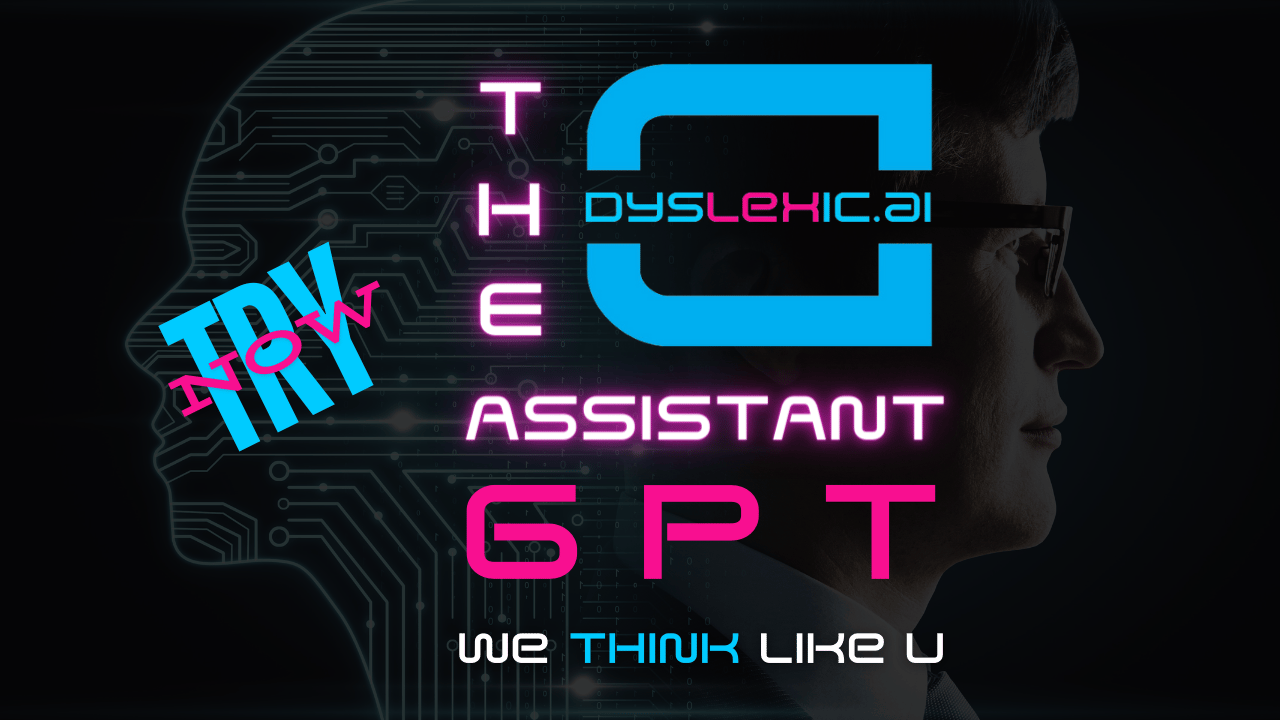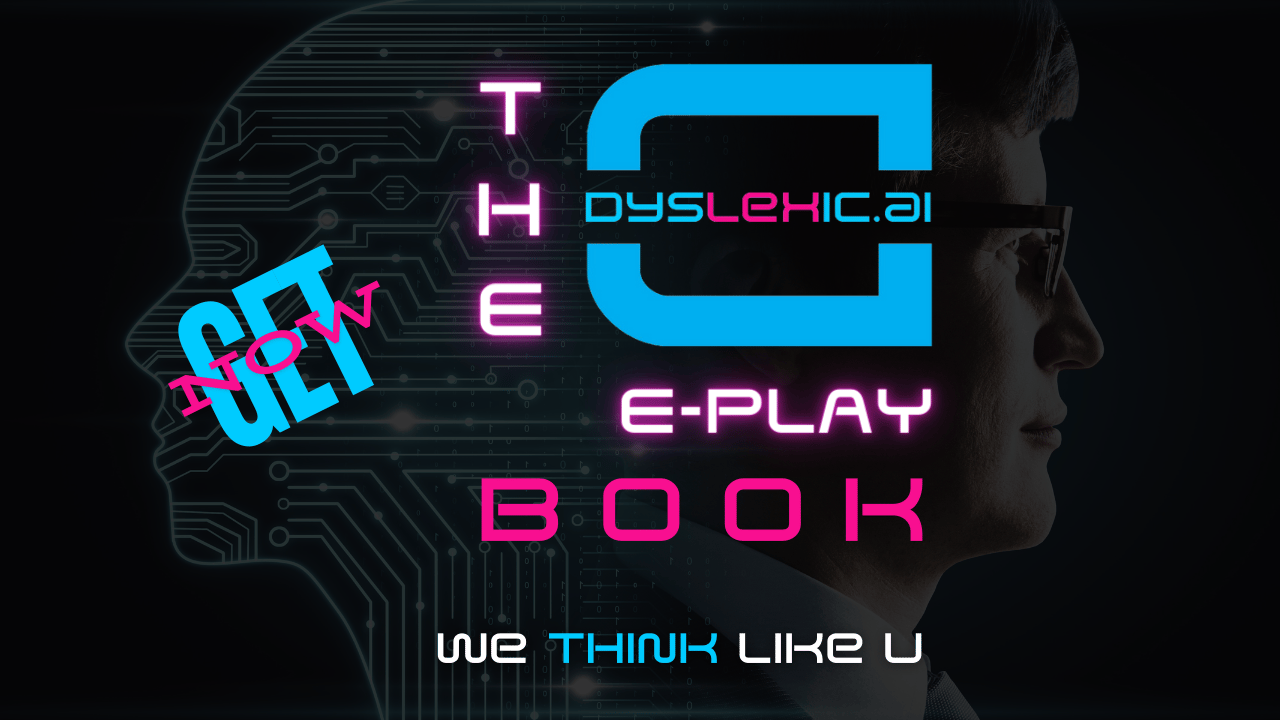- DYSLEXIC AI
- Posts
- Newsletter 246: The Impact of OpenAI’s New Advanced Voice Mode on Neurodivergent Thinkers
Newsletter 246: The Impact of OpenAI’s New Advanced Voice Mode on Neurodivergent Thinkers
🧠 AI Gets Emotional: How Voice Tech is Revolutionizing Communication for Dyslexic and Neurodivergent Individuals
Learn AI-led Business & startup strategies, tools, & hacks worth a Million Dollars (free AI Masterclass) 🚀
This incredible 3-hour Crash Course on AI & ChatGPT (worth $399) designed for founders & entrepreneurs will help you 10x your business, revenue, team management & more.
It has been taken by 1 Million+ founders & entrepreneurs across the globe, who have been able to:
Automate 50% of their workflow & scale your business
Make quick & smarter decisions for their company using AI-led data insights
Write emails, content & more in seconds using AI
Solve complex problems, research 10x faster & save 16 hours every week

Good morning, Dyslexic AI Community!
I’m excited to share news about OpenAI’s launch of their new Advanced Voice Mode.
As someone who relies on voice features due to dyslexia, this is truly exciting.
What’s New with Advanced Voice Mode?
OpenAI has started a limited rollout of Advanced Voice Mode for ChatGPT Plus users:
• Limited initial availability, expanding by fall 2024
• Uses GPT-4o to detect emotions in users’ voices
• Future plans include video and screen-sharing features
• Selected users get email instructions for access
Why This Matters
Enhanced Communication:
Voice features help neurodivergent individuals communicate better. Speaking to an AI that understands emotions can be more effective and enjoyable.
Real-Time Emotion Sensing:
AI detecting emotions is a game-changer.
It can provide more empathetic support in various settings.
Real-Time Emotion Sensing:
The ability of AI to detect and respond to emotions in real time is genuinely revolutionary. Here's why it matters so much:
Empathetic Listener: Imagine having an AI companion that understands your tone and emotional state. It's not just about your words but how you say them.
Adaptive Support: When I'm frustrated or irritable, the AI could recognize this and adjust its responses to help calm me down. If it senses I'm upset or feeling down, it could offer words of encouragement or comfort.
Mood-Based Interactions: The AI could tailor its communication style based on my current emotional state, providing a more personalized and supportive interaction.
Emotional Growth: During challenging times, like when I was processing my divorce, having an AI that could understand my emotional journey would have been incredibly helpful. It could have:
Played devil's advocate to challenge my thinking
Pointed out flaws in my logic when emotions were clouding my judgment
Helped me express my feelings in a clear, calm manner when I was frustrated
Safe Space for Expression: Knowing that the AI can sense and respond to my emotions creates a safe space to express myself freely, without fear of judgment.
Improved Self-Awareness: By reflecting on my emotional state back to me, AI could help me become more aware of my feelings and reactions.
This level of emotional intelligence in AI technology isn't just about convenience—it's about creating a supportive and understanding digital companion.
It has the potential to help us navigate our emotional landscapes more effectively, leading to better communication, decision-making, and overall well-being.
Life-Changing Technology:
These advancements in AI and voice technology have been truly transformative for me, both personally and professionally:
Increased Agency and Autonomy: I control my daily tasks and communication more. The ability to speak my thoughts and have them accurately transcribed has given me a new level of independence.
Professional Growth: I've become much more effective as a leader. I can quickly draft emails, create presentations, and easily communicate complex ideas. This technology has elevated my ability to lead and innovate.
Time Savings: The efficiency gained from using voice technology has given me back countless hours. Tasks that once took significant time and effort are now completed quickly and accurately.
Creativity Unleashed: My creative thoughts no longer get lost in the struggle of typing. I can speak freely, capturing ideas as they come, and quickly turn them into shareable content for this newsletter and other projects.
Reduced Stress: The constant worry about spelling errors and typos is gone. This has not only improved the quality of my work but also significantly reduced my stress levels when communicating in writing.
Improved Communication: By removing the barriers that dyslexia posed in written communication, I've become a better communicator overall. I can express my ideas clearly and confidently in various formats.
These tools have genuinely changed my life in more ways than one.
They've not only made technology more accessible but have also empowered me to reach my full potential, both in my endeavors and in my professional role.
The impact goes beyond mere convenience – it's about achieving a level of expression and productivity that I once thought was out of reach.
My Personal Experience
I use voice features daily for newsletters, emails, and notes. Grammarly helps refine my writing style.
VNote.ai assists in organizing my thoughts quickly.
Speaking allows me to express myself more naturally than typing.
These tools have been game-changers for me.
I can verbalize my ideas quickly, and AI helps refine them into coherent content.
This synergy between AI tools makes my day-to-day communication smoother and more effective.
Expanding the Impact
This AI advancement won’t stop at voice features:
• Integration into various technologies (e.g., metaglasses, wearable pin options)
• Plaid: credit card-sized video recorder for conversations
• Revolutionary changes in how we interact with technology
Applications in Everyday Life
1. Customer Service:
• AI can sense frustration and respond appropriately
• More effective and satisfying customer experiences
2. Mental Health Support:
• AI detecting emotions can provide nuanced support
• Offering empathy in critical moments
3. Educational Tools:
• Voice-enabled AI for personalized learning experiences
• Helps students with learning differences engage better
Closing Thoughts
OpenAI’s Advanced Voice Mode is a significant step forward in accessibility, especially for neurodivergent and dyslexic thinkers.
It enhances communication, supports mental health, and provides personalized educational tools.
Working from home with a dog that barks at voice commands may be challenging, but these AI advancements will be life-changing.
Stay curious and keep exploring the possibilities that AI offers!
We Think Like You.
Matt Ivey & The Dyslexic AI Team

• OpenAI’s Advanced Voice Mode offers natural conversations and emotion detection.
• This feature significantly enhances communication for neurodivergent individuals.
• Applications include improved customer service, mental health support, and educational tools.
• Advanced voice features make technology more accessible and user-friendly for everyone.
What did you think about today's edition? |
What should the next deep dive be about? |
|
|
|








Reply